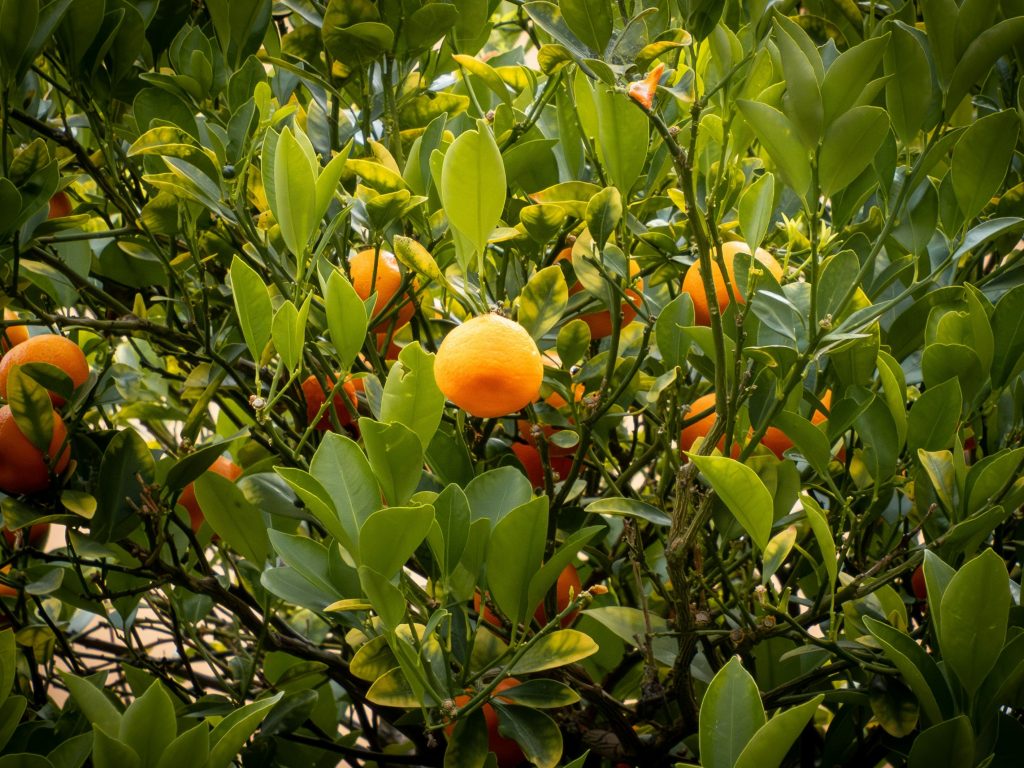EU-Mediterranean relations in the field of agriculture. The example of Morocco and Turkey

The EU institutional relationships with the Middle East and North African countries (MENA) started in the 50’s and are currently defined by the European Neighbourhood Policy (ENP). Trade liberalisation plays a key role between the EU and the MENA countries. The Barcelona process or “Euro-Mediterranean Partnership” aims to establish a Euro-Mediterranean Free Trade Area. Currently there is duty free access to the EU market for manufactured goods and preferential treatment for exports of agricultural, processed agricultural and fisheries products. EU and MENA countries share common interests but have some issues that require pro-active strategies for cooperation in order to avoid negative results. The political integration process for candidate countries (the case of Turkey) demands institutional adaptation to EU’s rules such as the Common Agricultural Policy (CAP). Trade liberalisation can be positive in net terms but it also creates losers. Accompanying measures are needed to ensure everybody’s well-being in the medium and long term.
The MENA countries with deeper relations with the EU are Turkey and Morocco. The trade balance between Morocco and Turkey with the EU is globally favourable to the EU but negative in the case of the agricultural trade. This deficit has been reduced since 2006, showing increased European agriculture competitiveness. In the medium term, the situation can change given the agricultural potential of both countries only if they can overcome their weaknesses.
There is a need for more cooperation in the two issues and from the two sides. Cooperation programmes (e.g. MEDA I and II) have been useful but because of their economic and social impact, more should be done in agricultural terms. The new European Neighbouring Programme for Agriculture and Rural Development and the ERA-ARD net should play a positive role in MENA countries. Specific compensation measures for European producers must also be considered. The EU has a long and fruitful experience to help members and candidates to cope with increased competition due to political and economic integration. It could be extended to Euro-Med cooperation.
Efficient EU policy instruments should be extended to MENA countries to reduce tensions among these countries (e.g. LEADER, Producers’ Organisations, and Interbranches). Intergovernmental organisations as the IOOC, civil and hybrid institutions and Foreign Direct Investment can play an increasing role in the future (e.g. CIHEAM, CLAM, COPA-COGECA, and binational or regional committees). Those actions must be developed with all stakeholders working in rural and agricultural development.




